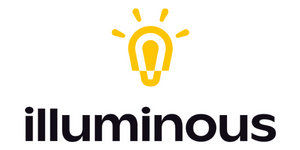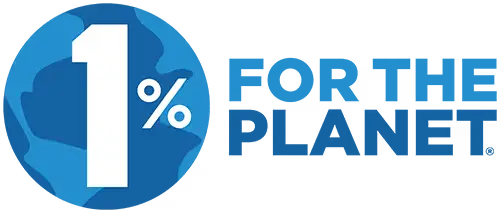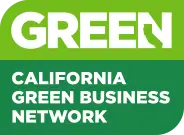Nearly as important as which SEO techniques are popular, SEO practices that should be avoided date back to the early 2000s. Here are the tactics to avoid in 2021 to ensure you don’t land your web property in search purgatory.
Video Transcription
Gwen Beren:
Hey, Gwen Beren here, CEO of Illuminous Marketing. A little while back, we did a video on SEO techniques that are popular and should be used and those were really relevant to Q4 2021 and probably the next couple of quarters afterward. But today we’re going to talk about SEO techniques that should be avoided. These might have been things that were popular in the past and should definitely no longer be used anymore.
Adding Text with Same Color as Background
So let’s start super old school. One thing that you should never do is include a bunch of keyword-stuffed content in the same background color as your webpage, to try to trick search engines into rating it, but making it invisible for people to see. We can call those ghost keywords, I guess if you will and that should really be avoided. That was something a long time ago, that search engines figured out and is just not going to be helpful for you.
Overusing Keywords on One Page
Along those lines, any kind of keyword-stuffed content is really not going to be helpful for you anymore. Search engines are using more and more artificial intelligence to become smarter about the context of what is included on a webpage and so you don’t need to include keywords every single sentence on your webpage to get your point across. Your content should ultimately be written for people and to be helpful for the searches that they are performing and not necessarily just trying to get search engines to notice your website. You can do that in a lot of other ways, keyword stuffing is not the way to go.
Creating Separate Pages for each Related Keyword
So along those same lines, you don’t need to create a page for every single keyword variation that you might have. For example, spring flowers and flowers that bloom in spring might not need separate pages. You can probably use those keywords that are related on the same page and be able to use those words in a natural way throughout your content so that the search engines, and I often refer to the search engines like Google because they own so much of the search share, but the search engines can tell that that is the same type of page.
Spam Emails
So another very old school tactic and something that I think a lot of business owners are aware of, but might still be tempted to get into the trap of, buying links. These can be low-quality links. They can be spam links. A lot of us will get these emails from time to time. “Hey, I’ll build you a hundred links a month for $30.” Those are most likely coming from low-quality sites that don’t have a lot of vetting process for the links that they would include. What you really want to focus on when you’re looking at your backlink profile are other sites that have authority and trust in your industry, in your niche, and that can help lend their credibility to your credibility and vice versa.
Paying for Low-Quality Follow Links
There are a lot of different tools to vet the quality of a page. I personally like to use the Moz toolbar. It’s a Chrome extension. It’s very easy to turn on and off. If you want to see how a website is ranking or not ranking, that’s a poor choice of words, but if you want to see how they score when it comes to the quality of their domain authority, you can easily see that on the Moz toolbar.
Uploading Large Photos and Videos
Another technique that should be avoided, and is just really laziness. It can be laziness from a business owner or more likely laziness from a website developer, but you do not want to upload large videos and large images to your website because they will take forever to load. They will slow down your site load speed, which is going to have a negative impact on how often your site is shown in different searches. And it’s also just really annoying if I’m being quite honest. You don’t want a huge image to be showing up where something smaller would do and you don’t want the browser to have to go through the effort of resizing that image for you. So just make sure to properly size your image before you upload it to your website and you will get a lot of SEO benefits from just having smaller images that are still high quality. I really like TinyPNG as a tool. There are a lot of different iterations and there are a lot of different photo resizing tools out there. So, definitely resize your photos before you upload them.
Using All Caps in your Page Title
An SEO technique that should be avoided is using all caps in your page titles to try to stand out in the search engines. That definitely comes across as spammy. A lot of people will still interpret all caps as yelling, so essentially you’re shouting at someone from the search engine result page. And while that might seem like it will increase your click-through rate, I don’t think that ultimately it’s going to pan out as far as conversions are concerned and as far as building a quality brand. So use regular capitalization use regular punctuation when necessary in your page titles and you’ll get a much better long-term benefit that way.
What other SEO techniques do you think should be avoided? I’d love to hear your thoughts. Please let me know in the comments. Of course, there are always going to be people who disagree and dissent so I want to hear your thoughts too. If you disagree with something that I said, please let us know in the comments and I’m happy to have a lively conversation with other SEO-minded people.
Thank you so much for tuning in. I hope this was helpful check out our SEO to-do list for things that you should be doing below and you can start on your SEO journey today. Thanks.







